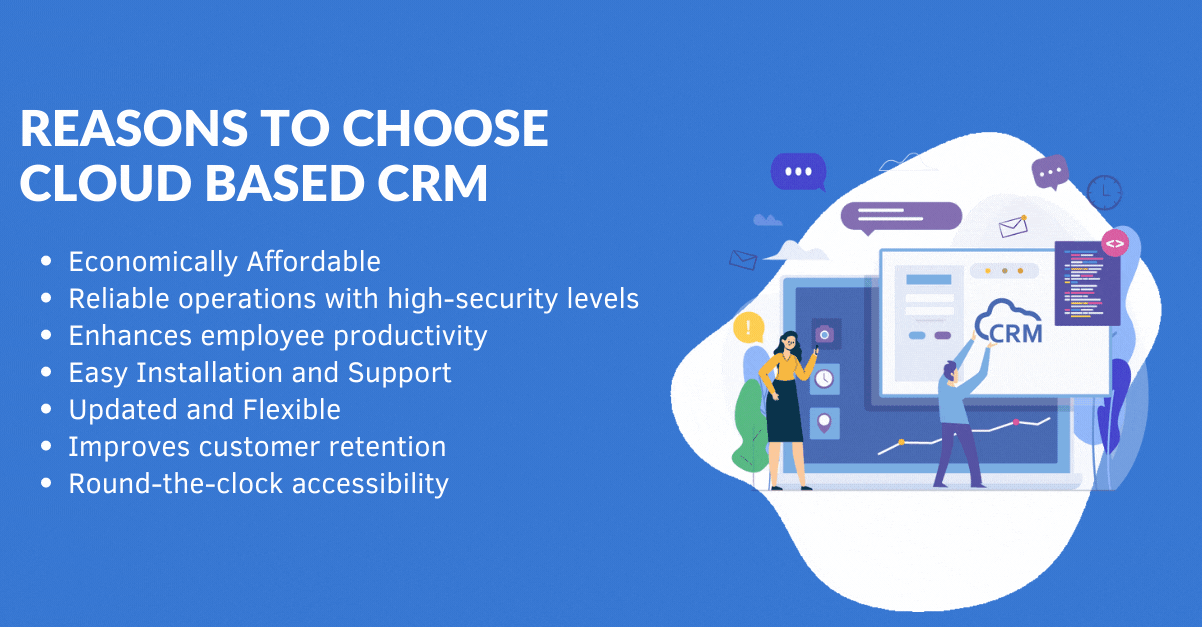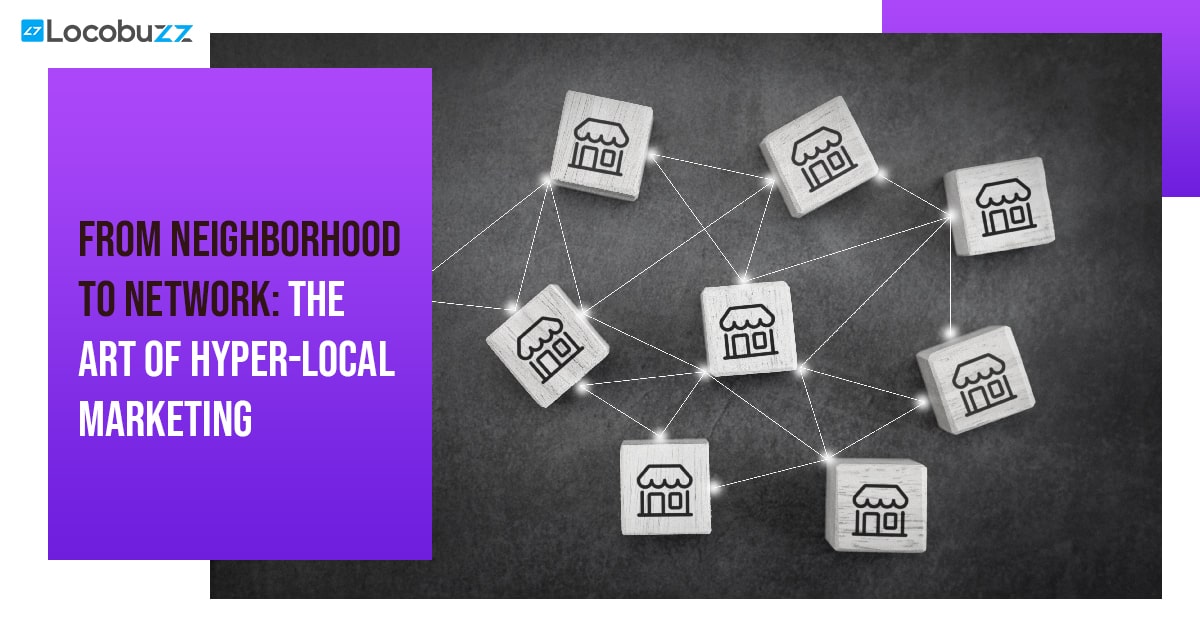Reasons To Choose Cloud-Based CRM

Companies like to invest in advanced tools for customer and company relationships because, in times like the Covid-19 pandemic, it has proven to be the best investment for managing a company’s relations, operations, customer engagement, and interactions.
Especially, with the deployment of cloud-based CRM tools, companies have improved their operational and data-based management efficiency along with lower marketing costs.
While an on-premise CRM tool uses one central on-site server location to store all the company and customer information requiring a bunch of IT technicians to work on it, A cloud-based CRM tool is a software that stores all this information on the cloud, which is the CRM provider’s server that can be accessed from any place by any employee from any device via an internet connection.
A piece of huge web-based information report by Grand View Research estimates that by 2028, the global CRM market will rise to USD 96.5 billion. Also, with a remote working model in 2020, cloud-based CRM deployment was preferred by most companies.
Table of Contents
Economically affordable
Round-the-clock accessibility
Companies continued to function even in an unforeseen crisis like the Covid-19 outbreak. Even with their employees spread at different locations, businesses were operating and such a situation confirms the importance of accessing business operations from any place and at any time. Adopting a cloud-based CRM tool can help in efficient teamwork even in such scenarios.
Whether it’s about the flow of information within the company departments or providing seamless customer service, all the business data is centralized so that the cloud-based CRM can operate all the data simultaneously for everyone in the business unit.
This leads the geographically distant teams to speed up their process of decision making as well as be less dependent on their team members for sharing and reporting information.
Having a centralized base, Cloud CRM makes your tasks time-efficient, enables you to work from any device, and of course, provides the flexibility and freedom to operate whenever you choose to.
Updated and flexible
With the combination of advanced technologies and tools like machine learning, Artificial Intelligence, Data analytics by Locobuzz, Brand24, Awario, Pipe drive, etc, Cloud CRM can elevate the innovation and improvement strategy of the products and services of the company.
While the traditional CRM software requires a pre-planned data execution, in cloud-CRM, automated updates improve its stability with the latest features and security fixes.
Furthermore, it not only ensures flexibility in time, device, and location but also offers an option to purchase tailor-made solutions catering to the company’s requirements. This helps even the small businesses as they can commence their operations with minimal features as per their needs and include more eventually as needs grow.
Improves customer retention
As mentioned earlier, it provides centralized data which enables every department in the organization to work together. Thus, making a common flow of information and aligning customer service, sales, and the marketing team.
This leads to improve sales and customer retention, the foremost objective of Cloud CRM. These teams maintain their customer relationship throughout their customer’s purchase journey, providing the customer with a seamless experience.
Also, this software allows the company to know their target customers’ interests, demands, and preferences to its length and breadth; use the centralized data to make interesting marketing deals, sales pitches, ads, and promotions, etc. Which not only helps in retaining the customers but also acquiring the new ones at an affordable cost.
Easy Installation and Support
At times, companies are demotivated to deploy any new technology just because of its installation process. With cloud CRM, this is no longer valid as it can be installed quickly with smooth implementation with a help of favorable internet connectivity and no IT support team.
Cloud-based CRM doesn’t require any hardware set-up, server, and software maintenance, expert. Also, companies can be free of worrying about the complicated installations, data migration, or upgrades as the software performs all of that remotely for them.
Employees are the most valuable assets of every organization. Incorporating tools and software that makes employees’ tasks easy results in employee satisfaction which improves their productivity level and collaboration with the team members.
One of the best features of cloud-based CRM is to enhance employee productivity by providing reports, graphical and visual representations on the dashboard that shares all the data with the employees of all departments to keep a track-on.
It largely benefits the employees to save their time on coordination and preparing reports and other additional work.It allows them to set their priorities straight, share documents, update the information to other departments and assign tasks easily.
Reliable operations with high-security levels
Every company has huge web-based information or database depending on its size, of which, security is the utmost concern. Cloud servicing companies provide high-level database security, with their data back-up and recovery policies. It keeps all the data safe and backed up.
It creates multiple replicas of every component. If at all, you delete your data by mistake or something fails, the cloud immediately replaces and recovers the data, so there’s no disruption in the operations. Besides, companies can add more safety to their database and business information with two-step authentication and powerful passwords.

Conclusion
In today’s competitive marketplace, every organization wants to provide a better, quicker, and smooth customer experience than their competitors. Deploying a cloud-based CRM can support you to build a positive brand image.
As it provides all the details of your customers and keeps your employees aligned with your company’s vision and customer’s expectations. Which creates trust, coordination, and effective communication within the corporation and its customers. As a result, a positive brand image among the consumers increased revenue growth.



























